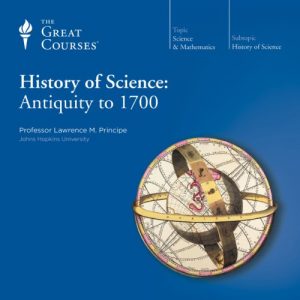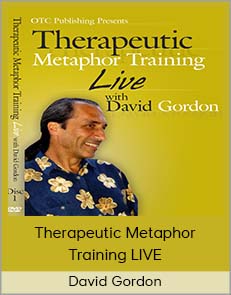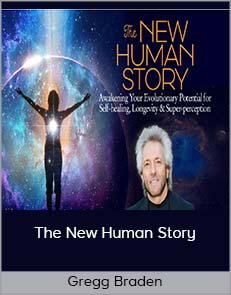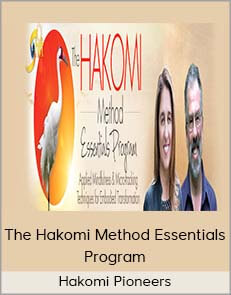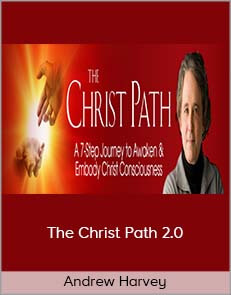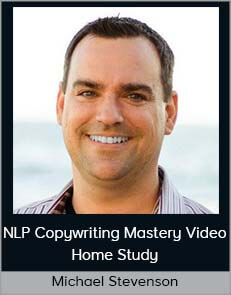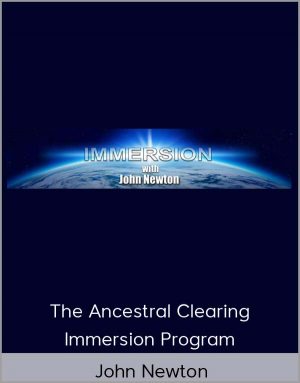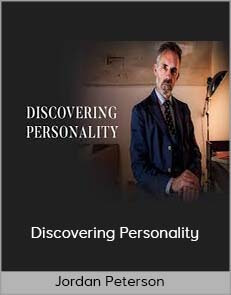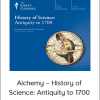Alchemy – History of Science: Antiquity to 1700
$50.00$160.00 (-69%)
But you will also see that many of these early principles are still relevant and accepted today.
Alchemy – History of Science: Antiquity to 1700
Check it out: Alchemy – History of Science: Antiquity to 1700
All people by their nature strive for knowledge.- …Aristotle, Metaphysics. For more than 2000 years, much of our fundamental “desire to know” has been focused on what we now call science. In fact, our commitment to science and technology has been so deep that they are now probably the most powerful of all influences on human culture.
To truly understand our Western heritage, our modern society, and ourselves as individuals, we must know what science is and how it has evolved.
Who were the scientists of the past really?
What was the true motivation for their work?
Is science characteristic of single geniuses, or is it related to the culture and needs of a particular society?
Does science really work in a linear progression, from discovery to discovery?
What does history say about the nature of religion and science?
The Complex Evolution Became Clear
In this course, an award-winning Professor leads you to explore these questions as he traces this complex evolution of thought and discovery from ancient times to the scientific revolution.
Professor Lawrence M. Principe, who is a Professor of chemistry and the history of science, medicine, and technology at Johns Hopkins University, is the recipient of the prestigious Templeton Foundation award for courses on science and religion. He also received several teaching awards from Johns Hopkins, and was selected Maryland Professor of the year by the Carnegie Foundation in 1999.
Dr. Principe gives a lively order to the history of science by treating it in terms of several penetrating questions, two of which are particularly important. Who is involved in science—and why? What happened—and why?
As he notes, “science is a dynamic, evolving entity, closely related to the needs and obligations of those who pursue it. The real context of even familiar scientific developments is often surprising and can offer alternative ways to develop modern thinking and science.”
You will see how many scientific discoveries arose from ideas that could be considered ridiculous or ridiculous in terms of modern “advanced technology”, because the first thinkers of science worked under the constraints imposed by the knowledge and culture of their time.
But you will also see that many of these early principles are still relevant and accepted today.
Follow the transition from “natural philosophy” to” science”
Our concepts of ” science” and “scientists” belong only to the XIX century. Before that, “science” simply meant knowledge; the label” scientist ” did not exist.
Instead, the study of the natural world was called “natural philosophy”.”And even the great philosophers Plato and Aristotle are considered two of the most influential figures in the history of science.
Dr. Principe has been researching scientific thought and activity for almost four millennia, starting with the ancient Babylonians and Egyptians.
It restores a vital context that it believes has been lost as a result of this discussion in recent times.

